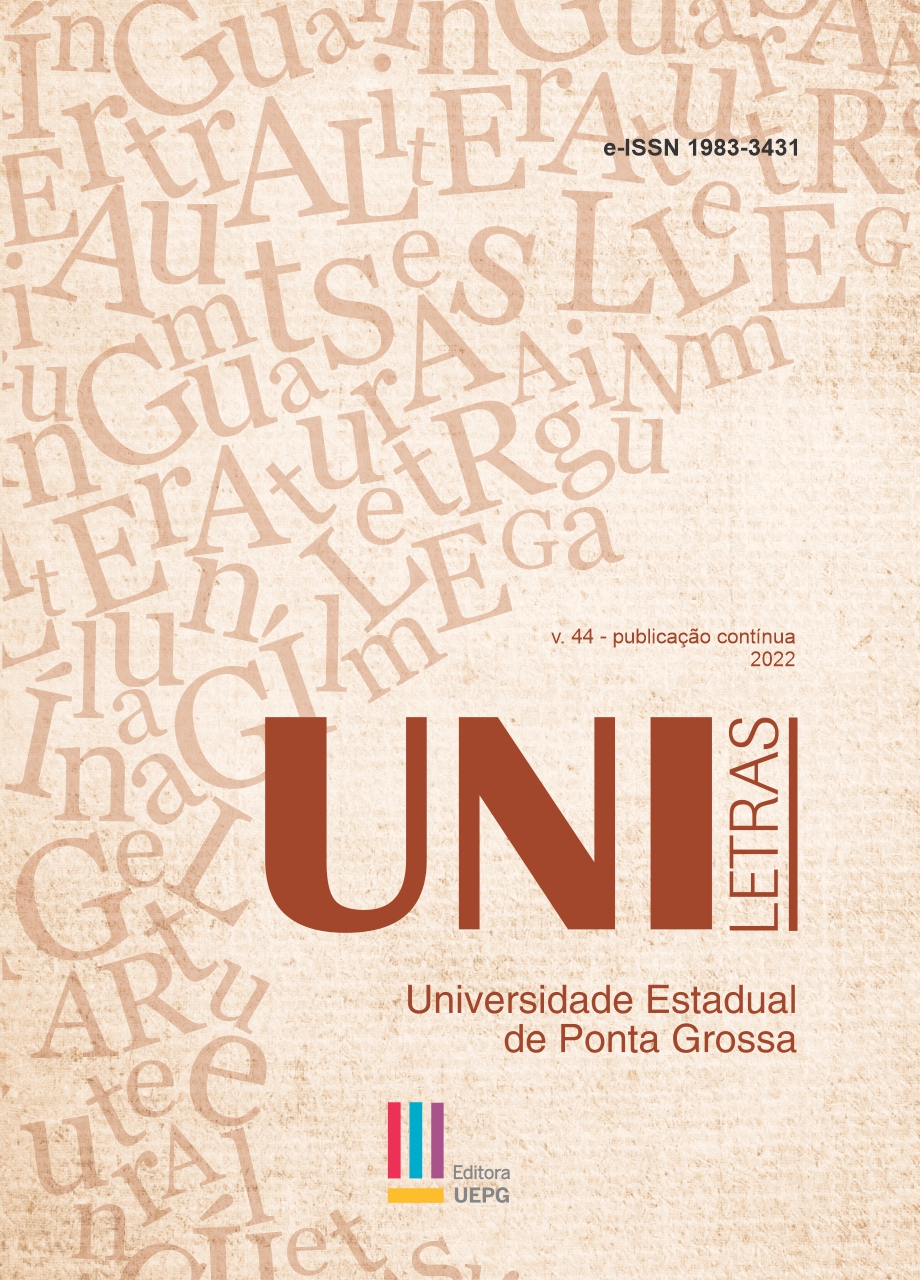UNDERSTANDING A TECHNODISCOURSIVE FORM: A LINGUISTIC ANALYSIS OF THE CONSTRUCTION AND PERPETUATION OF RACIAL STEREOTYPES IN THE ONLINE NEWS GENRE
Abstract
With the advent of technology and its uses within the social practices, there have been triggered changes in the use of language as well as new discursive and textual genres, such as the leads, constituents of the following technodiscoursive form: online news. Reflecting upon the technological advances that societies have experienced over the last decades, this paper is structured upon textual linguistics and discourse analysis’ studies, with the goal of analyzing and understanding the linguistic use in techno language forms and, more specifically, in online news. Furthermore, this research aims to discuss, identify and deconstruct the historically built pejorative social signs that portray the Brazilian black population, identified in the analyzed lead. In order to do so, this essay is drawn as follows: contextualization and synthesis of the linguistic studies on techno language practices, presentation of the historical perspective on racial issues in Brazil and reflection on the role of language and critical literacy in the racial struggle. Finally, through this study analysis results, we can point out the relevance of integrating the technodiscoursive forms and semiotics strategies to the discursive studies and critical racial literacy, inasmuch as language practices reflect social and historical issues.
Downloads
Downloads
Published
Issue
Section
License
Authors that publish in the journal agree with the following terms:
a) The authors keep the copyright and grant to the journal the rights of the first publication, with the work simultaneously being licensed under the Creative Commons Attribution License that allows the sharing of the work with the recognition both of the authorship and the initial publication in this journal.
b) This journal provides immediate public access to all of its content, following the principle that making scientific knowledge freely available to the public provides greater worldwide democratization of knowledge. For more information about this approach, visit Public Knowledge Project, a Project that developed this system to improve the academic and public quality of research, distributing OJS as well as other softwares to support the publication system to public/open access to academic sources. Names and e-mail addresses in this website will be used exclusively for this journal purposes, not being available for other ends.

This work is licensed under a Creative Commons Attribution 4.0 International License.





